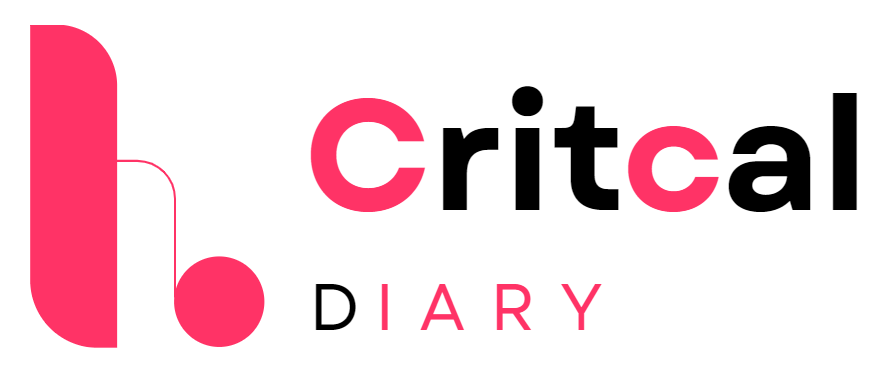6 Best Career Development Goals Examples In Your Life
Every human being aims to improve his future. Let’s talk about career development goals examples and some tips.

Setting career development goals is a crucial aspect of personal and professional growth. Whether you’re a seasoned professional, a student preparing to enter the workforce, or a job seeker looking for new opportunities, having clear and well-defined goals can help you stay focused, motivated, and on track toward achieving your aspirations. In this blog post, we’ll explore the importance of career development goals and provide examples of both short-term and long-term goals to inspire and guide you on your journey.
Understanding Career Development Goals
Career development goals are specific, measurable, achievable, relevant, and time-bound (SMART) objectives that you set for yourself to enhance your skills, knowledge, and overall career prospects. These goals can range from acquiring new certifications or mastering a particular skill to securing a promotion or transitioning to a new industry. By setting and actively working towards these goals, you can take control of your career trajectory and position yourself for success.
Examples of Short-Term Career Development Goals

Short-term goals are focused on immediate improvements and can typically be achieved within a few months to a year. Here are some examples:
- Complete a professional certification in your field to enhance your expertise and credibility.
- Attend industry conferences or workshops to stay updated on the latest trends and network with professionals.
- Improve your public speaking skills by participating in presentations or leading team meetings.
- Develop proficiency in a new software or tool that is relevant to your job function.
- Take on a new project or responsibility at work to expand your skill set and demonstrate your value.
Examples of Long-Term Career Development Goals

Long-term goals are more ambitious and may take several years to achieve. They often involve significant career advancements or transitions. Some examples include:
- Earn an advanced degree, such as a master’s or MBA, to qualify for higher-level positions.
- Secure a leadership role within your organization or industry.
- Start your own business or consultancy in your area of expertise.
- Transition to a new industry or field that aligns with your passions and values.
- Become a recognized thought leader or influencer in your industry through publications, speaking engagements, or community involvement.
The Importance of Aligning Goals with Personal Values and Company Objectives

When setting your career development goals, it’s essential to ensure that they align with both your values and the objectives of your current or future employer. This alignment will not only contribute to your own job satisfaction and well-being but also demonstrate your commitment to the success of the organization. Take the time to reflect on what matters most to you and research the mission, vision, and values of the companies you aspire to work for or grow within.
Strategies for Achieving Career Development Goals

Achieving your career development goals requires dedication, planning, and consistent effort. Here are some strategies to help you make progress and stay motivated:
- Break down your long-term goals into smaller, actionable steps.
- Create a timeline with specific milestones to keep yourself accountable.
- Seek guidance and support from mentors, colleagues, or a professional career coach.
- Continuously invest in your learning and development through courses, books, or workshops.
- Regularly assess your progress and celebrate your achievements along the way.
Measuring Success and Revising Goals

As you work towards your career development goals, it’s essential to assess your progress and make adjustments as needed regularly. Circumstances may change, new opportunities may arise, or your priorities may shift over time. Be open to revising your goals based on these changes, and remember that success is not always a linear path. Celebrate your accomplishments, learn from your setbacks, and remain adaptable in the face of challenges.
Conclusion
Setting and achieving career development goals is a lifelong journey that requires introspection, planning, and perseverance. By understanding the importance of these goals, crafting both short-term and long-term objectives, aligning them with your values and company objectives, and implementing effective strategies for progress, you can take control of your career growth and unlock your full potential. Remember to regularly assess your progress, celebrate your successes, and remain open to revising your goals as needed. If you found this post valuable, please share it with others who may benefit from guidance on their career development journey.






